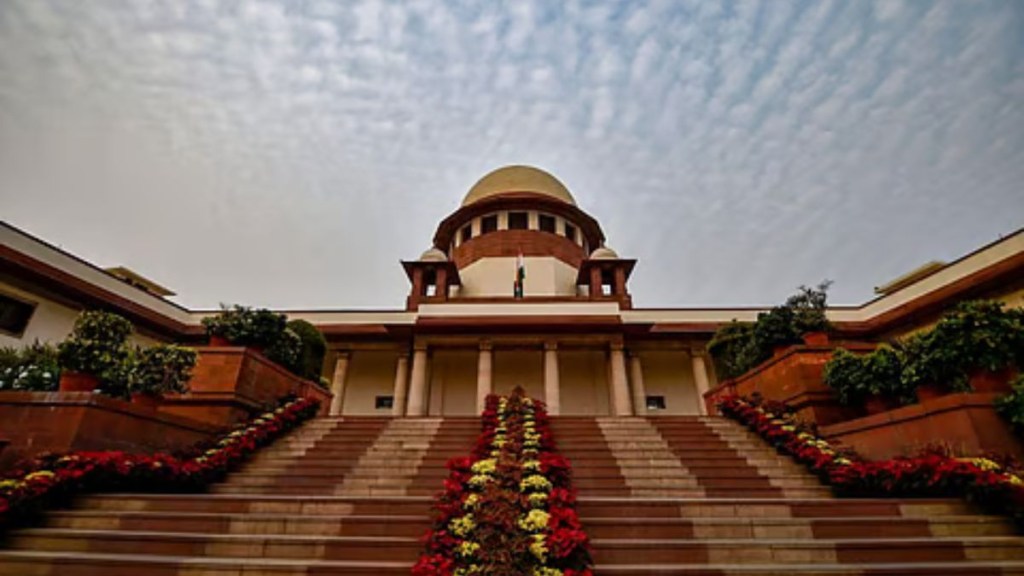In a significant observation, the Supreme Court of India described Urdu as one of the finest expressions of India’s Ganga-Jamuni tehzeeb — the syncretic culture of northern and central India. Dismissing a plea challenging the use of Urdu alongside Marathi on a municipal signboard in Maharashtra, a bench of Justices Sudhanshu Dhulia and K Vinod Chandran emphasized that language is not religion, but culture.
The case stemmed from a petition by Varshatai, a former councillor from Akola district, who claimed the municipal council should only use Marathi in official signboards. The court, however, rejected this argument, noting that many local residents understood Urdu and that its use was intended for effective communication.
Urdu: Born in this land
The bench categorically stated that Urdu is an Indian language, like Hindi and Marathi, and not an alien tongue. It evolved in the Indian subcontinent as a bridge between diverse communities. “The prejudice against Urdu stems from the misconception that Urdu is alien to India. This opinion, we are afraid, is incorrect as Urdu, like Marathi and Hindi, is an Indo-Aryan language. It is a language which was born in this land,” the judges said.
The court remarked, “Urdu developed and flourished in India due to the need for people belonging to different cultural milieus who wanted to exchange ideas.”
Tracing the historical schism between Hindi and Urdu, the court observed that both languages once grew intertwined until colonial forces drove a wedge, linking language to religion. This, the court said, was a “pitiable digression from reality and unity in diversity.”
The justices noted that everyday Hindi conversations are full of words derived from Urdu. They reminded that even the term ‘Hindi’ originates from the Persian ‘Hindavi’. “One cannot have a day-to-day conversation in Hindi without using words of Urdu,” the bench added.
Let language unite, not divide
The apex court concluded by urging Indians to embrace every language as a symbol of unity, declaring, “Our strength can never be our weakness. Let us make friends with Urdu and every language.”

